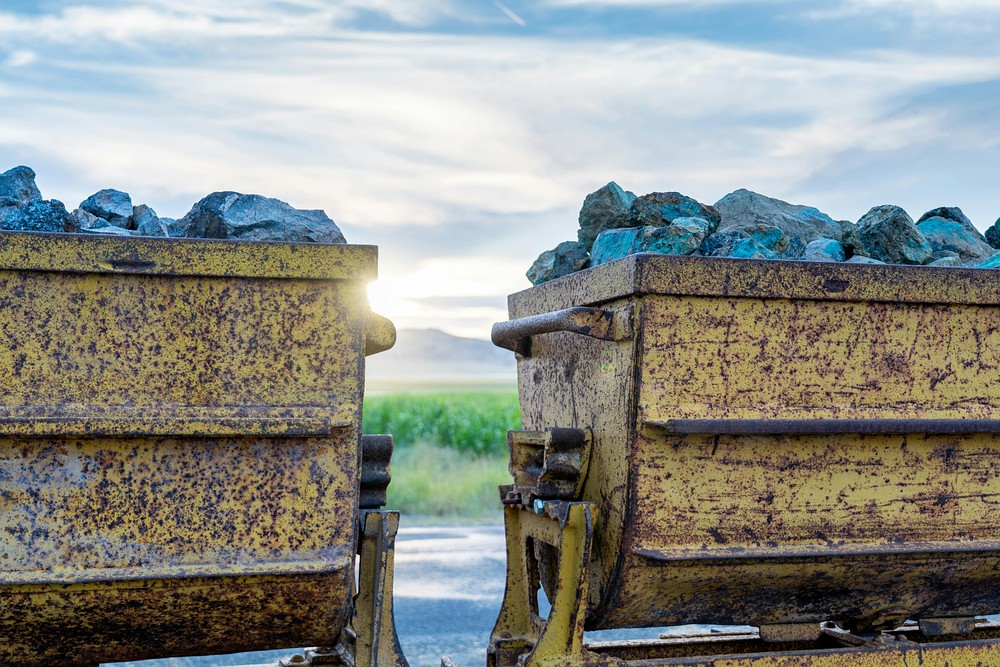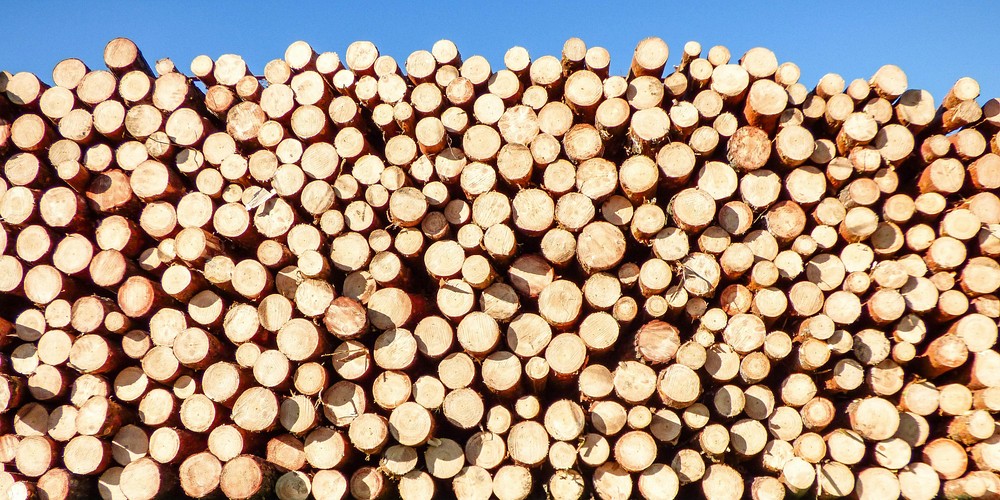Here you can discover, for example, events on the topic of sustainable consumption as well as relevant publications and studies by the departments involved. All around Siegelklarheit, but also beyond.
Siegelklarheit is changing its host organisation
As of November 1st, 2025, the portal will be operated by the Verbraucherzentrale NRW (Consumer Association of North Rhine-Westphalia).
The Verbraucherzentrale NRW is an independent organisation that enjoys a high level of public trust. Leveraging its expertise in environment and sustainability, the Verbraucherzentrale NRW strengthens the Siegelklarheit portal and encourages sustainable consumption in Germany.
Siegelklarheit will continue to be commissioned and financed by the Federal Ministry for Economic Cooperation and Development (BMZ). The focus remains on social and ecological production conditions, which have an impact on living conditions - not only, but especially - in the Partner countries of German development cooperation.
Siegelklarheit will continue to provide reliable guidance through the label jungle – based on a transparent, scientifically sound rating system. The change in organisational responsibility does not affect the objectivity and clarity of our assessments through the Sustainability Standards Comparison Tool (SSCT).
We look forward to keep supporting you with verified information to make sustainable purchasing decisions!
Innovations on Siegelklarheit
Since September 2023, Siegelklarheit has introduced the following updates for you:
On the one hand, the changeover to a new methodology took place: We already introduced a revised assessment methodology for some product groups in 2021. Previously, the evaluation results for the product group textiles were still based on the old methodology. This has now changed: Now the new assessment methodology is also used for the product group textiles! A detailed comparison of the two methods can be found here.
On the other hand, new criteria were introduced. In the area of textiles, new minimum requirements were introduced for the dimensions of environmental friendliness and social responsibility. In addition, twelve more avanced criteria were added to the overall grid. At the same time, the modified credibility criteria were introduced for all product groups. In addition to new minimum requirements, other important subjects such as data management and impact measurement have now been included in the criteria.
You can see what influence this has on the assessment results of individual labels in our label directory. You can also find an overview of all new criteria under "About Siegelklarheit" at "Info material and download".
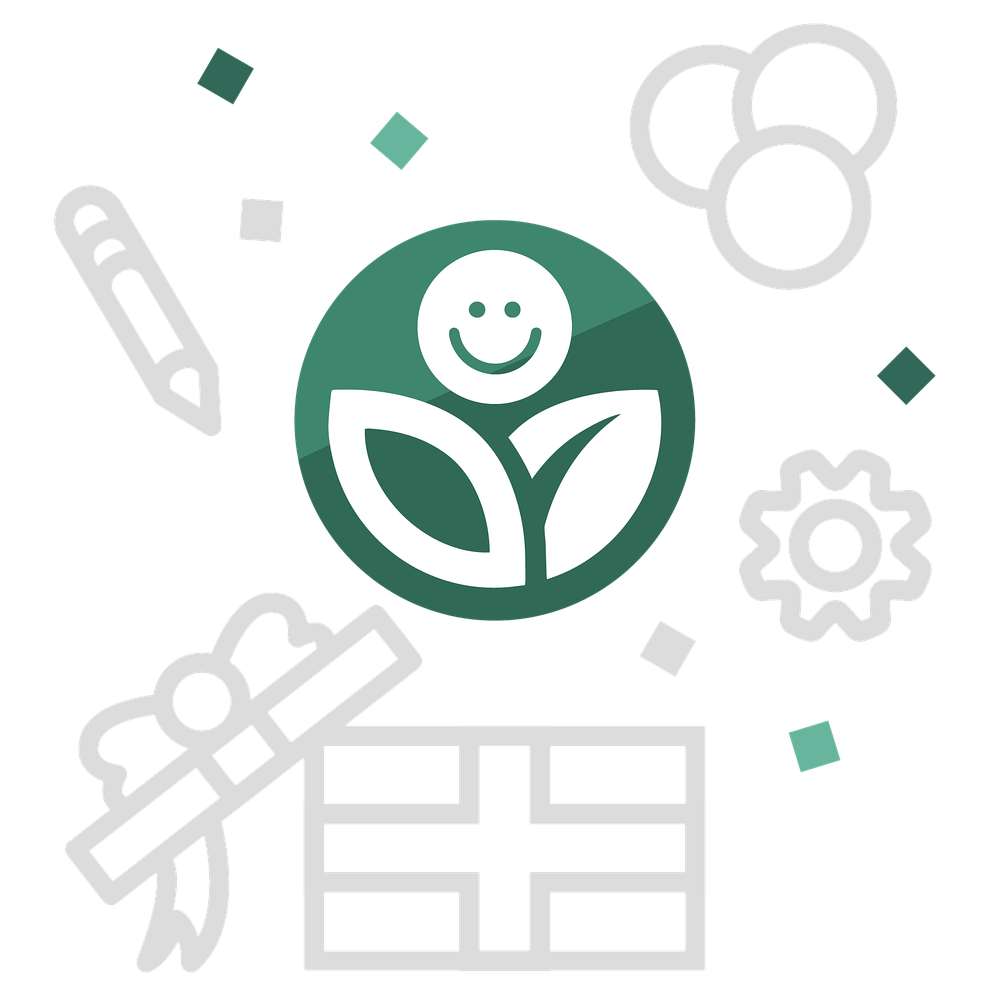
German Government purchases in a climate-friendly manner
On September 15, 2021, the German Federal Government adopted the Administrative Regulation on the Procurement of Climate-Friendly Services (AVV Klima). This applies to procurement by the Federal Government and was implemented on January 1, 2022. In the future, in addition to energy efficiency considerations, a forecast of the greenhouse gas emissions caused during the entire life cycle must also be included in the procurement process wherever possible.
In addition, a negative list applies to items that may no longer be procured. These include, for example, heaters (“Heizpilze”), beverages in disposable packaging and disposable tableware in canteens and at major events. The Federal Government is thus making an important contribution to greater climate protection and the reduction of greenhouse gas emissions.
(German only)
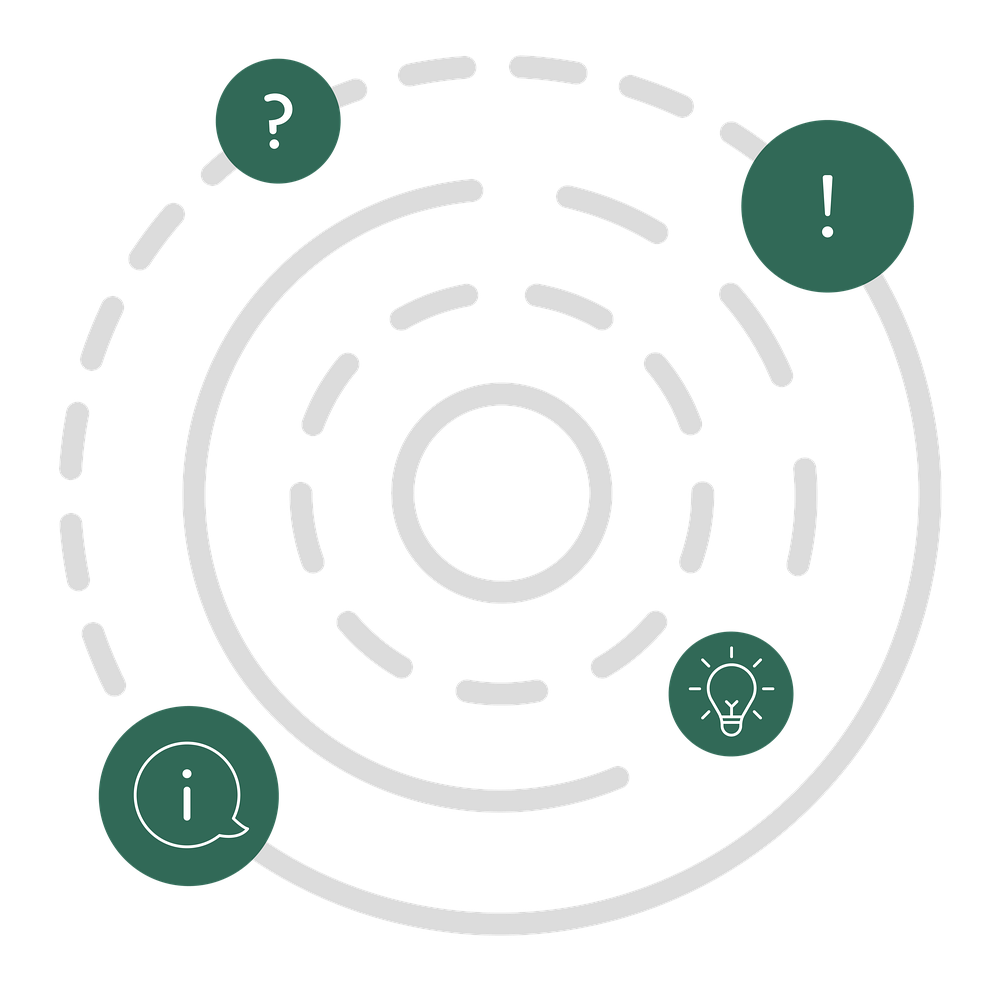
The Agenda 2030
The 2030 Agenda is a joint concept adopted by the 193 member states of the United Nations in 2015 to enable people around the world to live in dignity while preserving the natural foundations of life in the long term - a concept for peace and prosperity for people and the planet. In this agenda, the global community has set itself 17 goals (the so-called SDGs - Sustainable Development Goals) with a total of 165 sub-goals for socially, economically and ecologically sustainable development. The goals are to be achieved by 2030 and apply equally to industrialized, emerging and developing countries. In order to implement these sustainability goals in its own country and support other countries in their implementation, Germany has developed "The German Sustainable Development Strategy".
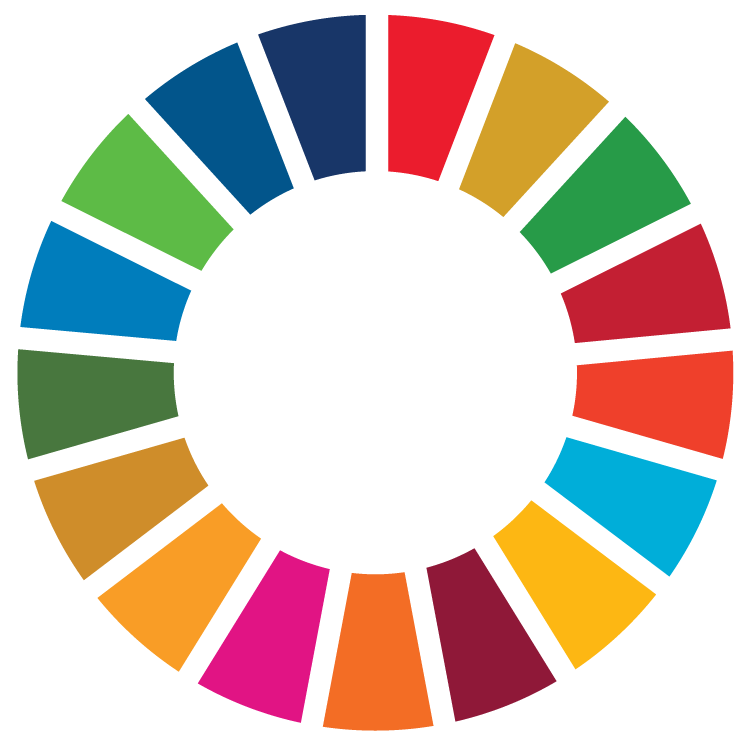
Risks in the supply chain - Kompass Nachhaltigkeit
In our globalised world, the supply chain is a complex network that brings raw materials and products from their origin to the consumer. At each stage of the supply chain, various risks can arise that have both social and environmental impacts. To raise awareness of these risks, we would like to present a series of Kompass Nachhaltigkeit (Sustainability Compass) videos that highlight the challenges in different industries.
You can find out more about the Kompass Nachhaltigkeit here.
Note: The videos are only available in German.
Textiles
Find out more about the problematic working conditions in textile factories, the environmental impact of chemical dyeing and the often intransparent origin of raw materials.
Natural stones
The extraction of natural stone involves risks such as child labour and inadequate occupational safety in the growing regions. In addition, quarrying often leads to considerable environmental damage.
Wood and paper
Illegal logging and insufficiently sustainable forest management lead to forest destruction and biodiversity loss. Paper production can also contribute significantly to environmental pollution.
Computers
The production of computers is resource-intensive and can often involve the exploitation of labour. In addition, electronic waste and the long transport routes raise ecological questions.



